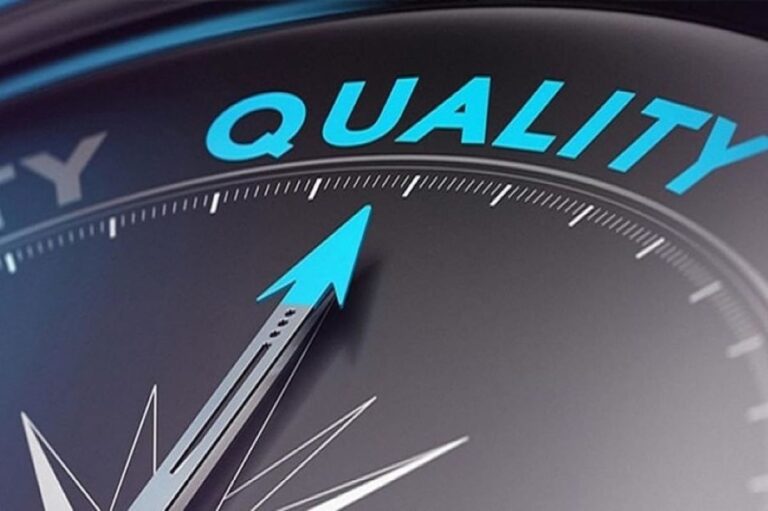Globally, the food and drink manufacturing industry is one of the most strictly controlled industries. It has regulations governing everything from food safety and production processes through to labelling and packaging. What’s more, quality and safety levels must be maintained at all times across supply chains. ISO certification provides those in the food industry with a comprehensive framework to make meeting these requirements more manageable. So, in this article, we’ll explore the importance of ISO certification in the food industry.
ISO 22000 and food safety management systems:
Regardless of the size of an organisation or its product, all food producers and distributors have a responsibility to manage the safety of their products and the well-being of their consumers. Compliance with current food safety standards, potentially across different continents of the world, is essential but can be complex. So the International Organization for Standardization developed ISO 22000 for use within the global food supply chain. Its aim was to bring people food that they can trust.
The consequences of unsafe food can be serious. So implementing a food safety management system (FSMS), such as ISO 22000, is essential. It guides you through how to make careful risk assessments as well as manage hazards, monitor processes, and apply controls. By achieving certification, firms clearly establish themselves as advocates for sustainability and safe practices. Also significantly reducing the likelihood of foodborne illness outbreaks – e.g. Norovirus, Salmonella and Listeria. Such outbreaks are not only unpleasant for consumers. They can lead to product recalls, reputational damage, the risk of penalties and fines. Moreover, in very serious instances, company closure.
Other ISO standards in the food industry:
Although ISO 22000 is specifically relevant to the food industry, there are a range of other ISO standards which are popular and appropriate for the sector.
ISO 9001: The most common ISO standard supports businesses in improving their quality management processes. This leads to food products being high quality and meeting customer requirements.
ISO 14001: Consumers are placing greater value on the provenance of what they eat and how it’s packaged. So implementing an environmental management system encourages businesses to improve their environmental impact and operate sustainably.
ISO 45001: Regardless of your industry, you should want to provide a safe workplace for your staff. In food manufacturing specifically, heavy machinery used in the production process can pose a risk if not used correctly or safely. An occupational health and safety management system provides a framework for managing safety at work. This improves the protection of your staff in their day-to-day roles.
“Food is essential in our lives – not just for sustenance but for socialising and cultural identity. Whether your company is involved in the production, processing, and distribution of food products, or you supply ingredients or packaging materials to the food industry, ISO standards enable you to uphold the highest standards, demonstrating your commitment to delivering reliable and trustworthy products to consumers.”
Claire Howard, Director of ISO-Cert Online Ltd
Not yet ISO certified?
For more information on ISO-Cert Online’s services or to discuss your requirements please contact us on 0333 014 7720 or email info@isocertonline.net.












